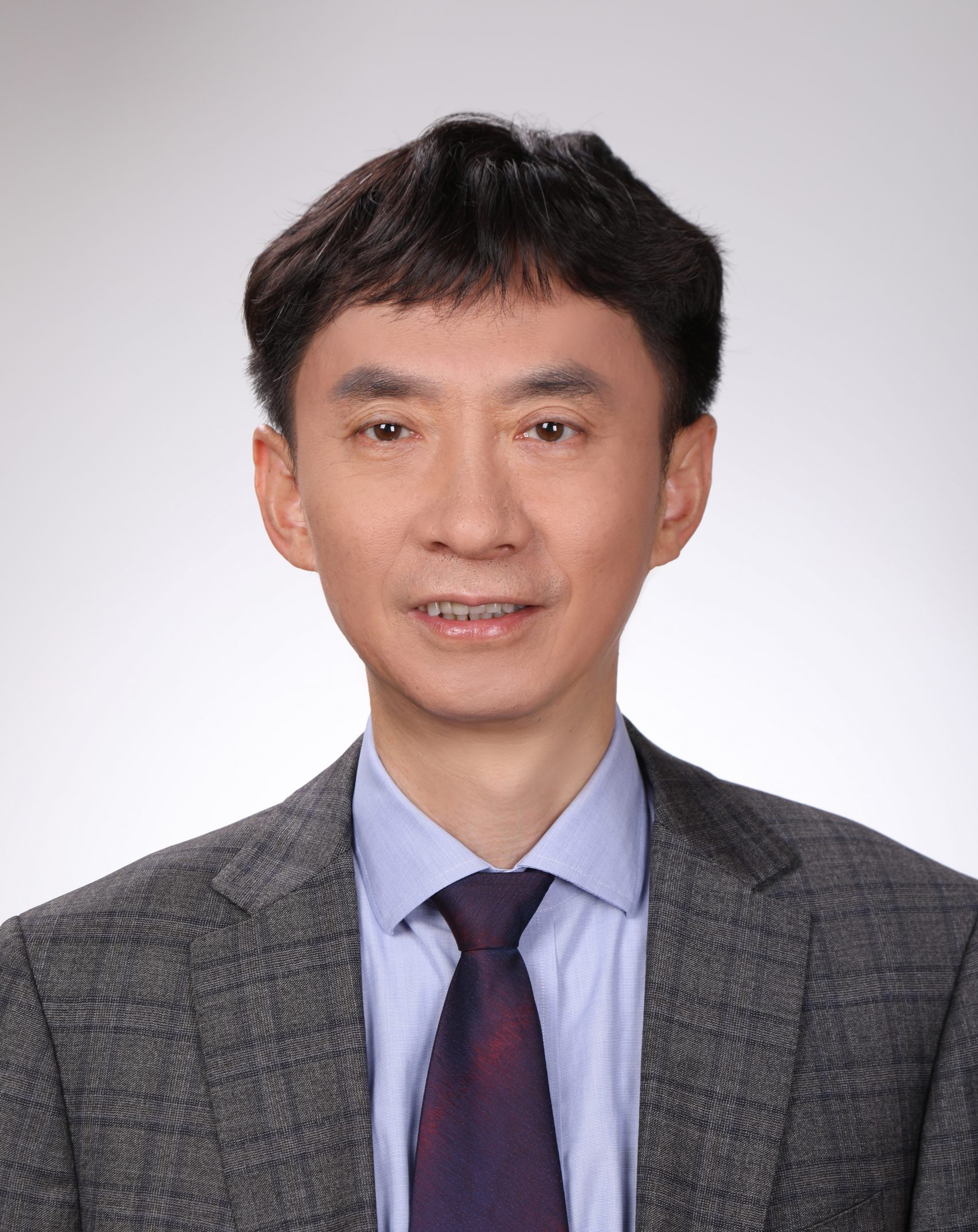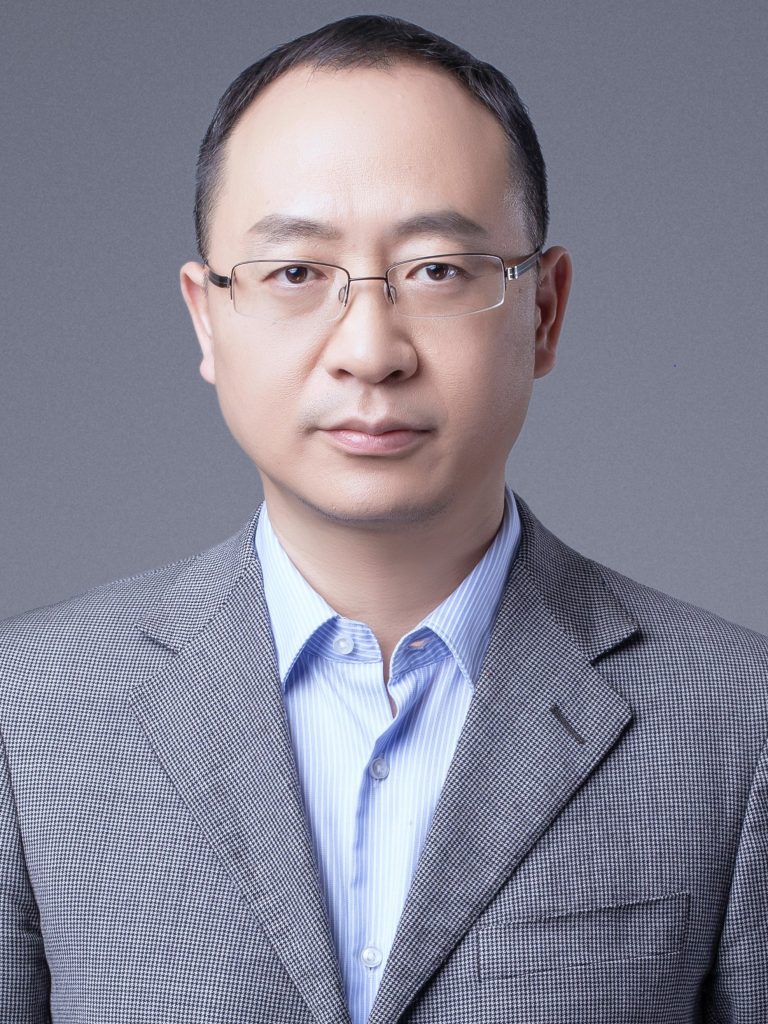Keynotes
Collaborative AI Research and Applications in the Era of Big Data and “Large” Models
Dejing Dou is a Distinguished Professor at Fudan University, the Chief Scientist of BEDI Cloud, and an Adjunct Professor at Tsinghua University. He was the Chief Data Scientist, Partner and Vice President at BCG in Greater China, He was the Head of Big Data Lab (BDL) and Business Intelligence Lab (BIL) at Baidu Research. He was also a tenured Full Professor at the Computer and Information Science Department at the University of Oregon and led the Advanced Integration and Mining (AIM) Lab. He had been the Director of the NSF IUCRC Center for Big Learning (CBL) from 2018 to 2020. He was a visiting Associate Professor at Stanford Center for Biomedical Informatics Research during 2012-2013. His research areas include artificial intelligence, data mining, data integration, NLP, and health informatics. He applied his research in applications from various domains including clean energy, medical data analysis, drug design, finance, smart city, and social behavior & health etc. Dejing Dou has published more than 250 research papers with more than 13000 Google Scholar citations.
Abstract
In this talk, Professor Dejing Dou will first briefly introduce several milestones in the history of artificial intelligence. He will then discuss the new developments in artificial intelligence, particularly in generative AI and large language models, and their applications in big data, combining his research and applications at the University of Oregon, Baidu Research, Boston Consulting Group, and Fudan University. The main topics include: 1) collaborative deep learning in social network and health informatics, 2) applications of spatio-temporal big data mining in smart cities and clean energy, 3) the use of federated learning in trustworthy AI and large language models, 4) controllable data generation for embodied intelligence, and 5) the implementation of generative AI models in business scenarios.

Dejing Dou
Fudan University, China
Tsinghua University, China

Guangyi Liu
China Mobile Research Institute
Title: 6G empowers AI and new devices
Dr. Guangyi Liu, leading specialist of 6G in China Mobile Communication Corporation (CMCC), co-chair of the 6G Alliance of Network AI (6GANA), board member of NGMN (Global mobile operator alliance), vice chair of THz industry alliance in China, co-chair of the wireless technology working group and trial&test group of IMT-2030 (6G) promotion group supported by Ministry of Information and Industry Technology of China. He is leading the 6G R&D of CMCC since 2018. He has led the 5G R&D during 2014~2020, R&D of 4G’s evolution during 2006~2016 in CMCC. He has acted as spectrum working group chair and project coordinator of LTE evolution and 5G eMBB in Global TD-LTE Initiative (GTI) from 2013~2020 and led the industrialization and globalization of TD-LTE evolution and 5G eMBB.
Abstract
The social development vision beyond 2030 is ubiquitous intelligence and digital twin, which will bring more and more new mobile services and scenarios supported by AI. For the mobile devices for these applications and services, the limited size, weight and cost put strict constraint on the battery life and hardware for computation. 6G network will not just a mobile communication work, which will extend the the network capabilities by integrating communication with sensing, data, computing and security. By this way, 6G network will empower the new mobile device for AI, e.g. embodied robot, glass and networked car by offloading the computing or AI from the mobile devices to the network, and facilitate the new mobile intelligent device to be light, long battery life and low cost.

